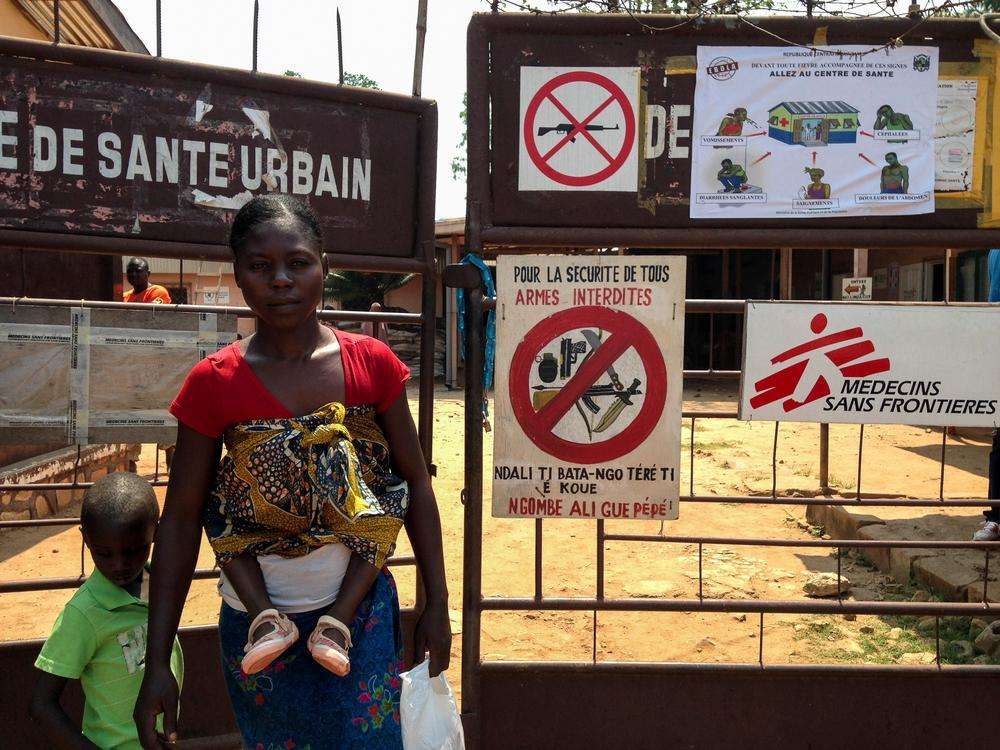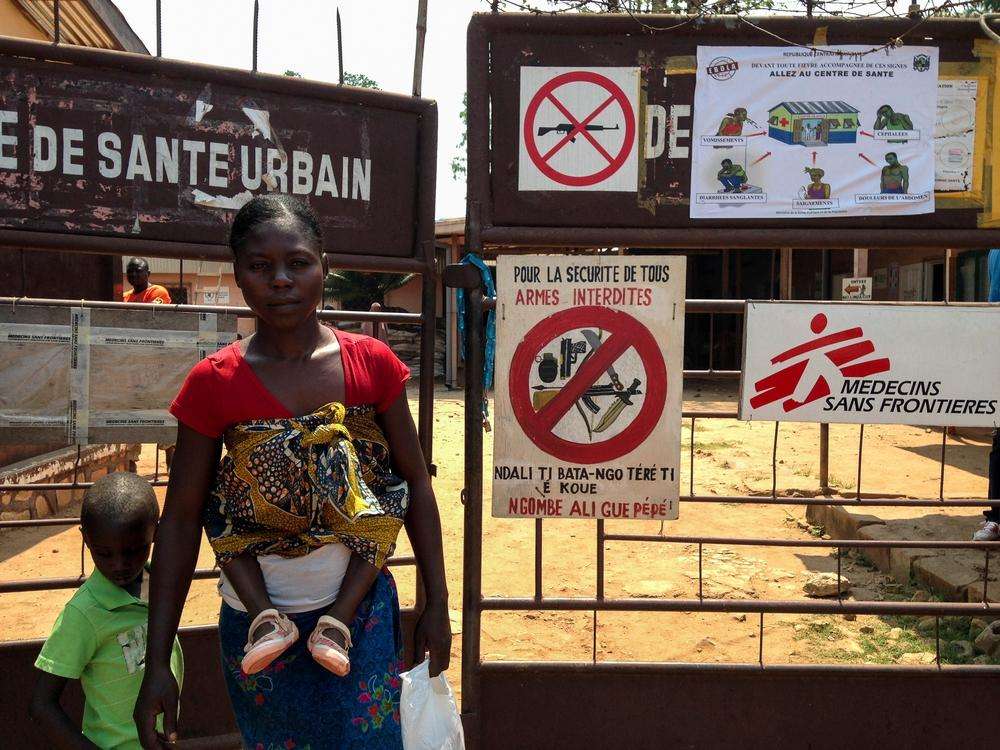The situation in Bangui, capital of Central African Republic, has been extremely tense since a new wave of violence broke out on October 7. Men and youths have taken up positions at strategic crossroads throughout the city and set up blockades that are making it very difficult for Doctors Without Borders/Médecins Sans Frontières (MSF) or any other aid groups to reach the injured.
On October 7, an isolated grenade attack sparked violent clashes in Bangui. That same evening, MSF’s team treated 13 wounded people at the General Hospital; one patient died of his injuries. The fighting has been accompanied by a sudden heightening of political tension, with one anti-balaka leader demanding the resignation of the Central African president.
The sound of heavy artillery shells and gunfire has been ringing out since, especially at night. Access to medical care has become virtually impossible. In most neighborhoods, people remain holed up in their homes, and very few ambulances are out on the streets. Over the last three days, MSF’s medical teams have treated 56 wounded people in its three hospitals in Bangui.
“We were able to reach one wounded person in the PK5 neighborhood on October 8," says MSF deputy head of mission Claude Cafardy. "But now the security situation is stopping us from getting around the town. There is a real risk that the injured won’t come to hospital for treatment, either because they can’t find transport or because they are afraid of being attacked on the way."
As some of the fighting is taking place just a stone’s throw from MSF’s compounds, the teams are cornered, unable to get to work at the Mamadou M'baiki health center. MSF’s Central African staff are also having serious problems getting to the hospitals.
"Today a deadly calm reigns in Bangui,” says Cafardy. “Access to medical care is almost paralyzed.”





